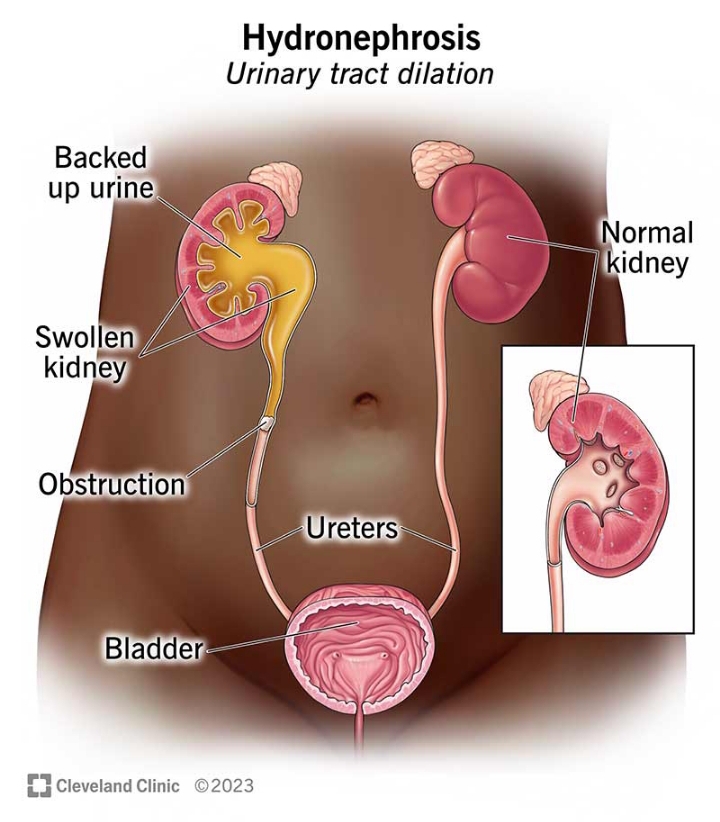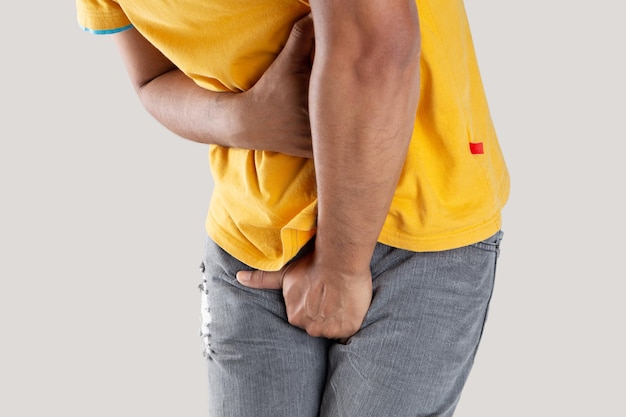Holding pee for too long can be a real pain, literally. It’s a common habit that many of us have developed, often due to busy schedules, lack of access to restrooms, or simply because we’re too embarrassed to go. However, holding pee for too long can lead to a range of uncomfortable and even painful symptoms. In this article, we’ll explore the reasons why you should always listen to your bladder and not hold pee for too long.
The Risks of Holding Pee
Urinary Tract Infections (UTIs)
Holding pee for too long can increase the risk of developing urinary tract infections (UTIs). UTIs occur when bacteria enter the urinary tract and cause infection. When you hold pee for too long, bacteria can multiply and spread, leading to infection. UTIs can cause symptoms such as burning during urination, frequent urination, and abdominal pain.
Bladder Stretching
Holding pee for too long can also cause bladder stretching. When the bladder is stretched, it can lead to a range of symptoms including frequent urination, incontinence, and pelvic floor weakness. Bladder stretching can also increase the risk of developing UTIs.
Kidney Damage
Holding pee for too long can also cause kidney damage. The kidneys are responsible for filtering waste and excess fluids from the blood. When the kidneys are not able to function properly due to holding pee, it can lead to kidney damage and even kidney failure.

https://my.clevelandclinic.org/health/diseases/15417-hydronephrosis
Pain and Discomfort
Holding pee for too long can also cause pain and discomfort. The bladder is a muscular organ that contracts and relaxes to expel urine. When the bladder is stretched or irritated, it can cause pain and discomfort in the lower abdomen.
Why You Should Always Listen to Your Bladder
Your Bladder is Trying to Tell You Something
Think of your bladder as a messenger. When it’s full, it’s trying to tell you that it’s time to pee. Ignoring this message can lead to a range of uncomfortable and even painful symptoms.
Don’t Ignore the Signs
When you hold pee for too long, your bladder is sending you signals that it’s time to pee. These signals can include:
- A strong urge to pee
- A burning sensation while urinating
- Frequent urination
- Pain or discomfort in the lower abdomen
Ignoring these signs can lead to a range of problems, including UTIs, bladder stretching, kidney damage, and pain and discomfort.
Listen to Your Bladder, Listen to Your Body
Your bladder is connected to your body, and when it’s not functioning properly, it can affect your overall health. By listening to your bladder and not holding pee for too long, you’re showing your body that you care about its well-being.
It’s Not Just About Peeing
Listening to your bladder is not just about peeing. It’s about taking care of your overall health and well-being. By ignoring your bladder’s signals, you’re putting your body at risk for a range of problems.
In conclusion, listening to your bladder is important for your overall health and well-being. By ignoring your bladder’s signals, you’re putting your body at risk for a range of problems, including UTIs, bladder stretching, kidney damage, and pain and discomfort.


